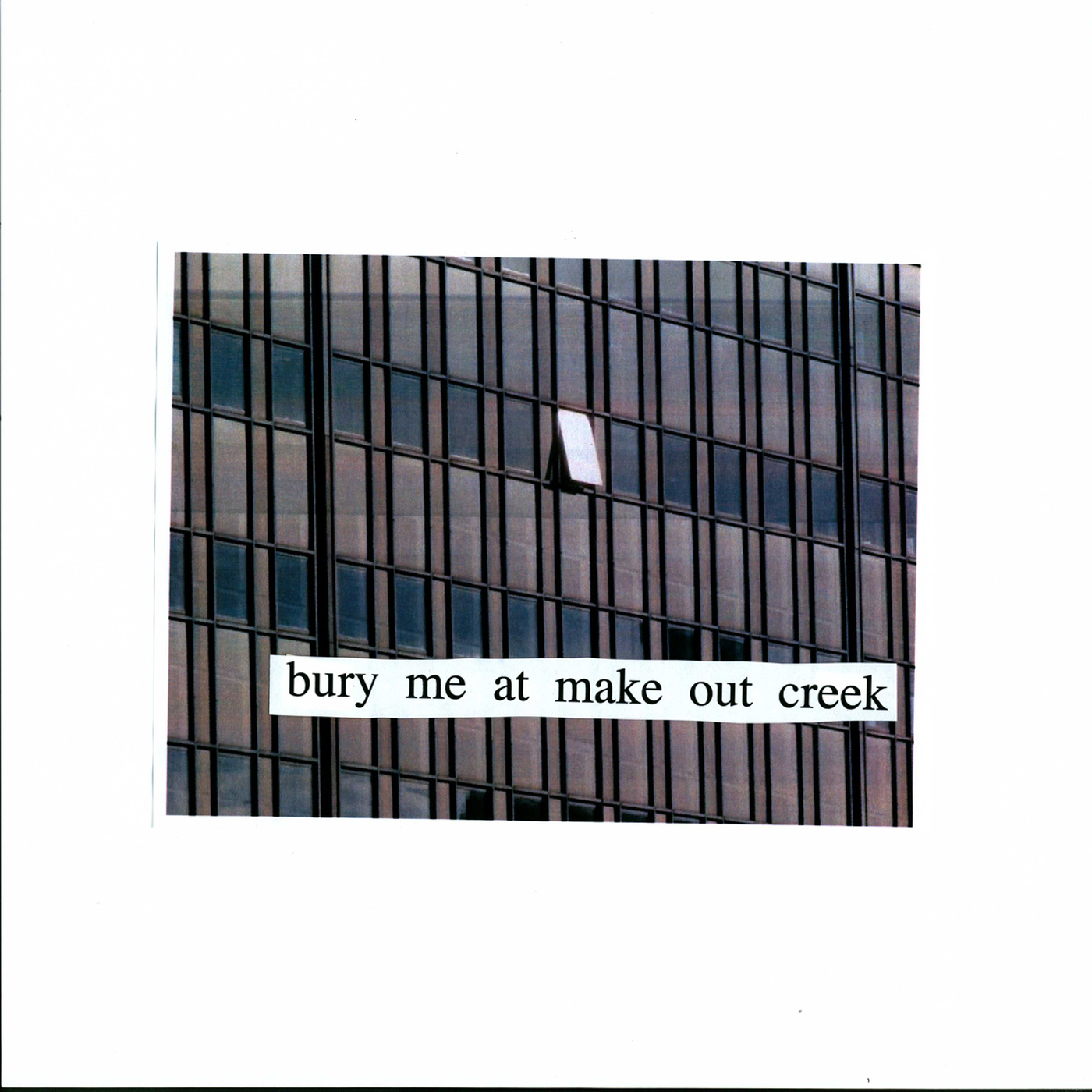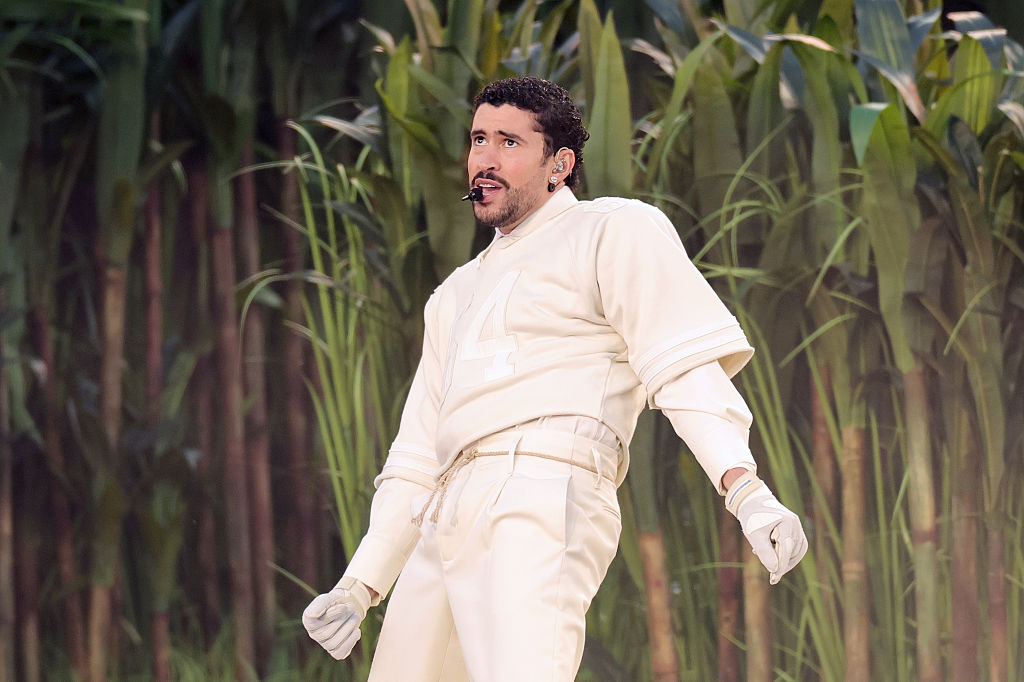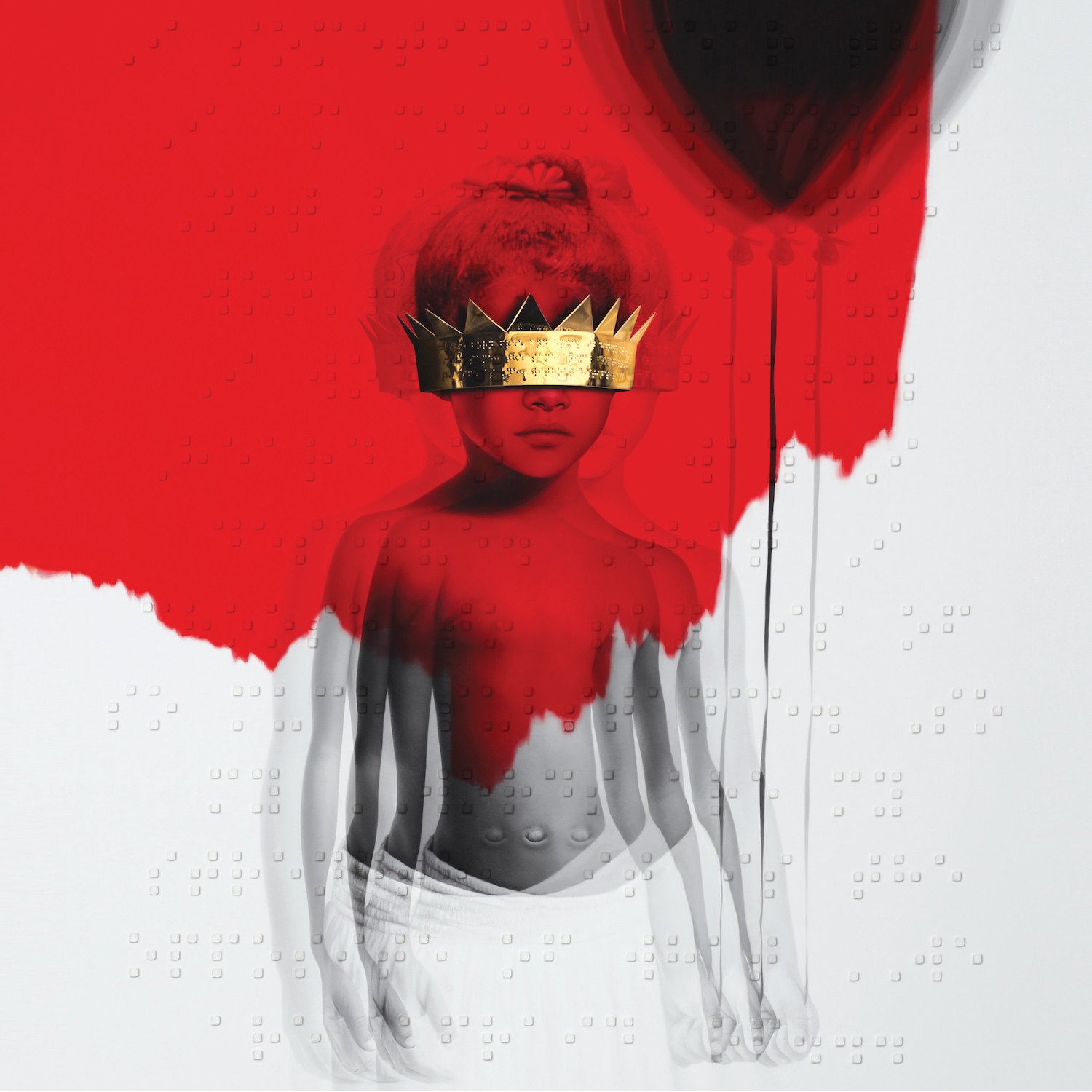- Double Double Whammy
- 2014
With two albums and a studio composition degree under her belt, Mitski Miyawaki decided it was about time she tried something new: the guitar. The singer-songwriter had just graduated from Purchase College's Conservatory of Music, a school she attended largely due to its proximity to New York City. Mitski was born in Japan, but moved between numerous countries before spending the final portion of her teenage years in Turkey. One night when she was 18, spiritually lost, and very drunk, she wrote her first song. That was enough of a reason for her to follow her creative streak and move across the globe. Not even five years later, Mitski’s two first albums — 2012’s Lush and 2013’s Retired From Sad, New Career In Business — established her as a promising new force.
As would be any reasonable recent college graduate, Mitski was tired. Somewhat unreasonably, though, she decided to channel that exhaustion in her third album Bury Me At Makeout Creek, which turns 10 years old today. Lush and Retired From Sad were student projects overseen by professors and completed with fellow academics; there were no such terms while making Bury Me At Makeout Creek. She no longer had the music school resources that had informed her first two albums. Now, Mitski was free to make whatever she wanted, as long as she could figure out how to do it.
Makeout Creek is the result of Mitski working with her new environment instead of against it. She recorded the album in makeshift studios and houses with a select few musician friends. Double Double Whammy, the beloved indie label run by her former Purchase classmates, agreed to release the album. She’d been playing a bunch of basement shows, so she wrote songs and compositions that she figured would sound good in small, crowded rooms. She picked up guitar because, she realized, it would be easier to carry around than a piano. “I still haven’t really figured out my influences,” Mitski said of Makeout Creek after its release; maybe the record’s primary influence, then, is just Mitski in her rawest form. “I've been trying to lay my head down/ But I'm writing this at 3 a.m.,” she sings over a plodding bassline on “Francis Forever,” and she gives you no reason to doubt that she means it.
Makeout Creek cribs its title from a Simpsons episode in which Milhouse, under the false impression that Bart had fixed his poor eyesight by faith healing, gets hit by a truck and utters the line. By her own admission, Mitski was only a casual Simpsons viewer — it was one of the few consistent pieces of American media she saw living in multiple countries — but it’s hard to imagine an album title that would better encapsulate the sort of unadulterated passion she evokes here. On Makeout Creek, Mitski yearns until it hurts enough to kill her. And then she yearns some more.
Bury Me At Makeout Creek is, ultimately, an album about experiencing emotions at the highest degree possible. “Wild women don't get the blues/ But I find that lately I've been crying like a tall child,” Mitski sings on the almost gothic ballad “First Love / Late Spring,” the implication there being that she feels both untamed and naive. “My heart feels like it's going to burst,” she sings in Japanese, as if the English language makes such sentiments feel too transparent. “Texas is a land-locked state,” she sings to a long-distance lover on the folksy opener “Texas Reznikoff,” using an obvious factual inaccuracy to exaggerate physical space and isolation. Some of the album’s most memorable lines come in the hedonistic rager “Townie,” where she bellows: “I want a love that falls as fast as a body from the balcony/ And I want a kiss like my heart is hitting the ground.” It’s nonsensical and over-the-top, but then again, so is romantic obsession.
There’s a devilish, rebellious attitude across Bury Me At Makeout Creek, which musically is ultimately reminiscent of '90s slacker rock and scrappy DIY punk. While Mitski’s narrators here operate with a fairly shameless mindset —“I am not gonna be what my daddy wants me to be,” she asserts on “Townie” — she sets herself apart by putting her classical training to use. Songs like “Jobless Monday” call to mind the twisted song structures and clever melodies of the Breeders, while Mitski’s voice — sweeping, triumphant, impossibly precise — becomes an instrument in itself. She invites an on-again, off-again lover to break her heart once more on the haunting “I Don’t Smoke,” where her vocals soar over a simple electronic beat: “I am stronger than you give me credit for,” she sings as the pared-down instrumentals crescendo. The staggering, messy “Drunk Walk Home” proclaims, “Fuck you and your money/ I’m tired of your money,” before culminating into a guttural scream, a moment made even more poignant when contrasted with the following song “I Will”: “I will take good care of you,” she coos over steady bass drum hits, a refreshing air of forgiveness amid the rage. “And while you sleep, I'll be scared/ So by the time you wake, I'll be brave.”
As Mitski’s career progressed further into stardom with each successive release post-Makeout Creek — most notably on her most recent album, 2023's The Land Is Inhospitable And So Are We, which launched her all the way to the Billboard Hot 100 — she’d polish up her sound, re-adopting orchestral arrangements in an indie-pop context. Bury Me At Makeout Creek will always be Mitski’s “rock” album, her “guitar” album, her “punk” album — but more importantly, it was the album that allowed her to, in her words, “let out her rage.” Even more importantly, it illustrated that anger and compassion don’t have to be mutually exclusive — at their strongest, they’re often complementary.






